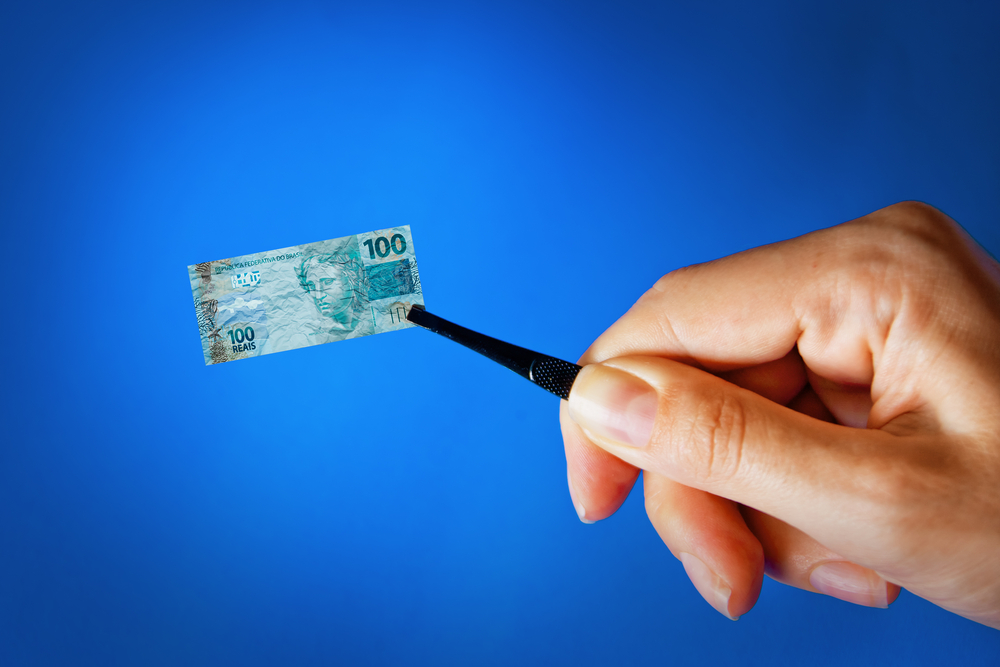When inflation in Brazil began gaining steam in 2020, attention turned to segments where demand increased — or remained the same — during the pandemic, namely food and raw materials. After eye-watering rises in prices of necessities, the end of the government’s coronavirus emergency salary is likely to see consumption fall and thus bring inflation back under control. However, services are set to see significant price increases in 2021, meaning that Brazilians could be on the cusp of a “second wave” of Covid-19-related inflation.
The question is: how big will it be, and will the population’s pockets be able to handle it?
Potentially the biggest example of this new wave of inflation will come in the private health sector. Last year, Congress banned health-maintenance organizations (HMOs) from increasing their insurance premiums, arguing that these price rises could diminish the population’s access to healthcare amid the pandemic. Twenty-five percent of Brazilian citizens are health insurance policyholders.
In December, the National Supplementary Health Agency (ANS) decided that HMOs must dilute their planned premium increases over 12 months in 2021. Along with annual price adjustments for this year, experts heard by website 6 Minutos say some consumers could see their private health plans become 30 percent more expensive in 2021.
In an emailed statement to The Brazilian Report, Brazil’s HMO association Abramge said that 2020’s intended price spikes refer to the period of 2019. During the pandemic, companies had...


 Search
Search






































